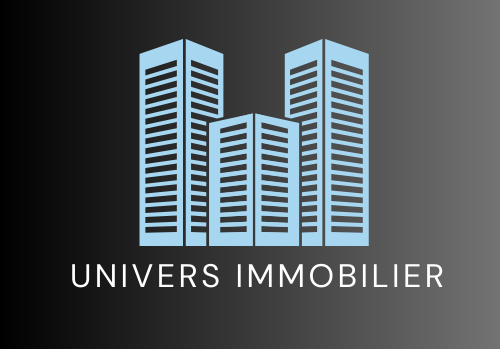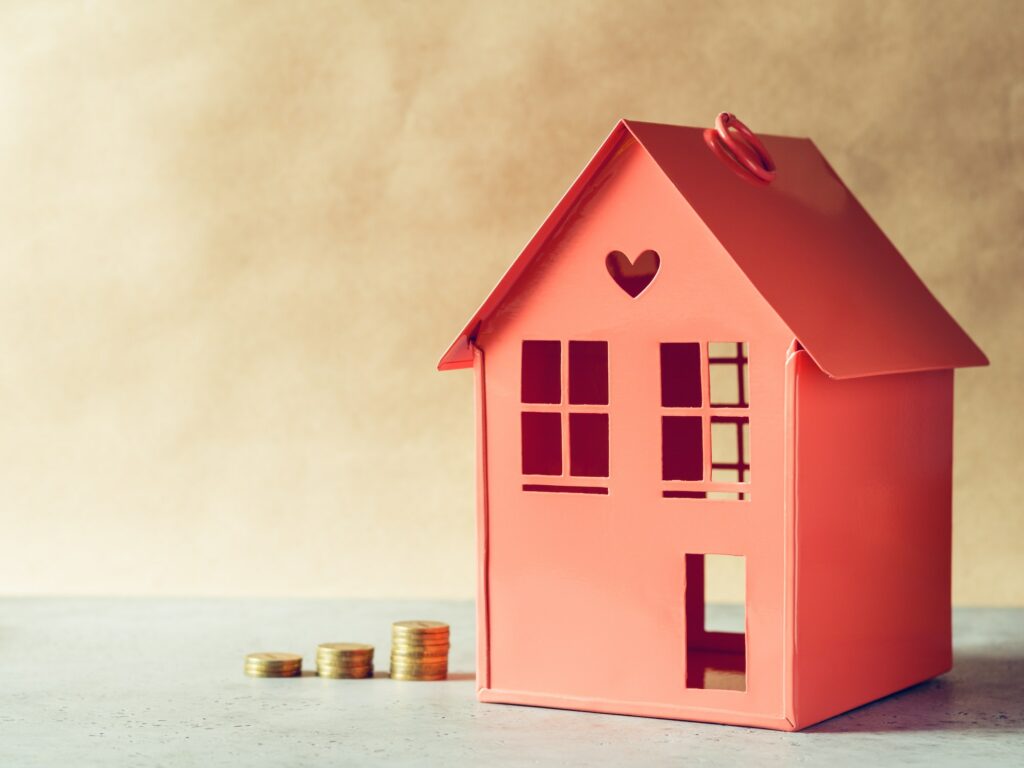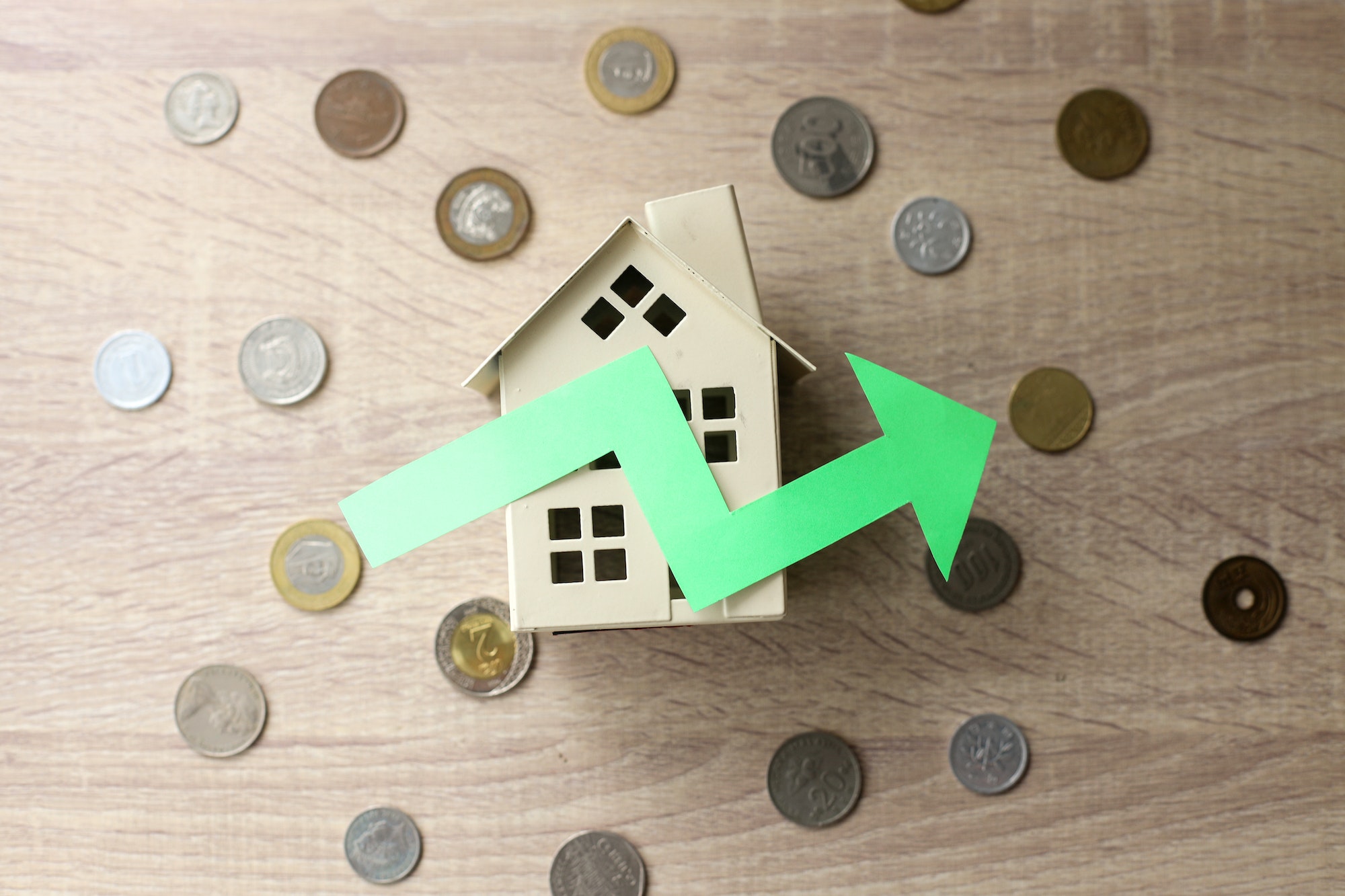When considering purchasing a rental property, there are numerous advantages to take advantage of. Not only is it an excellent investment option and source of income, but renting can also provide numerous other advantages as well. In the following article we’ll outline some of these advantages that renting can offer.
- 1 What are the advantages of owning a rental property?
- 2 What types of income can a rental owner generate?
- 3 What are the tax benefits to an owner of a rental property?
- 4 What are the duties of an owner of a rental property?
- 5 What are the risks associated with renting a property?
- 6 How to find a quality rental property and an ideal tenant?
What are the advantages of owning a rental property?
Rents paid to a rental property tend to remain consistent over time.
No need to fret over rental vacancy or unpaid rent because your property is maintained by its owner. Furthermore, current maintenance costs and repairs are taken care of by the manager.
Land income can be a reliable source of retirement or additional income. Real estate investments are usually seen as secure solutions to build a sustainable and stable legacy.
Rental investment is an ideal way to diversify your portfolio by investing in various real estate types (homes, offices, shops), giving you access to both European and international real estate markets. Moreover, smart homes are starting to emerge as good investment for real estate, so you can consider it an option !
Investing in real estate allows investors to take advantage of the potential profitability of the local market, optimize rental performance and reap tax benefits associated with their specific tax status (LMNP/LMP).
What types of income can a rental owner generate?
Renting a property can generate several forms of income for its owner.
Rental income from real estate investments is the initial source of passive income. As an owner, you are paid rent each month.
The amount of rents charged depends on the market price and quality of a rental property. As a lessor owner, you may receive part of your capital back as interest if your mortgage is reimbursed through rents collected under commercial lease agreements with tenants. Furthermore, you could make capital gains upon reselling the accommodation if it sells quickly after acquisition or take advantage of tax exemptions for certain costs (management fees and works).
What are the tax benefits to an owner of a rental property?
When purchasing a rental property, you may deduct from your income the costs of repairs and improvements to the building.
You can deduct part of the interest paid for borrowing contracted to purchase a rental property. Furthermore, if the property is lived in by an individual or via a real estate civil society (SCI), they have different tax regimes available to choose from.
The initial step involves complying with the progressive scale of income tax income from furnished and unpleasant rentals.
The second allows partners of an SCI that has adopted an average rate on its results to subject the share corresponding to goods they personally enjoy to a proportionate rate equal to that applied to other members’ shares. Finally, if taxation is done through lump sum reduction, partners have the option of including rents collected in their taxable bases in accordance with charges supported during the year as well as depreciation on net amount retained for calculation of their share.
What are the duties of an owner of a rental property?
As a responsible land owner, it’s essential to be aware of your duties as an owner and take time to consider before investing. As the owner, you are accountable for both the building and tenants who occupy it.
You are ultimately responsible for all maintenance and repairs on your property. If you rent a house for EUR 1,000 per month or more, it can be considered income. Therefore, governments have implemented stringent regulations to limit how much real estate individuals may own on an individual basis. Before renting a property, it is essential that you are informed about the laws and regulations related to renting an apartment or house.
Renting a lease house for more than EUR 1,000 per month can be considered income. As such, governments have implemented stringent regulations to limit the number of real estate properties individuals may own on a personal basis.
What are the risks associated with renting a property?
When investing in rental property, the primary risk is becoming over-bought and losing money. This often occurs if the owner overpriced their property. Furthermore, complex properties may have under-andamped floors or no floors at all – all of which could pose significant problems if not taken care of correctly.
In such cases, your tenant may fail to pay you any incoming money and you end up having more money than what was paid by the owner (if there is still money).
How to find a quality rental property and an ideal tenant?
Before beginning your real estate investment project, it is essential to decide what type of investment to pursue and why.
You have the option of investing in either a single property or multiple real estate assets. If you plan to acquire multiple goods, opt for accommodation located close together; this will make renting apartments more convenient when the need arises, depending on what’s needed at that moment.
When purchasing a property, take care to select an attractive location that appeals to the local population.
It is essential that the property be situated near schools and services essential for daily tenants (public transport, shops). Finally, when selecting a tenant, make sure they pay their rent on time and abide by co-ownership rules.







